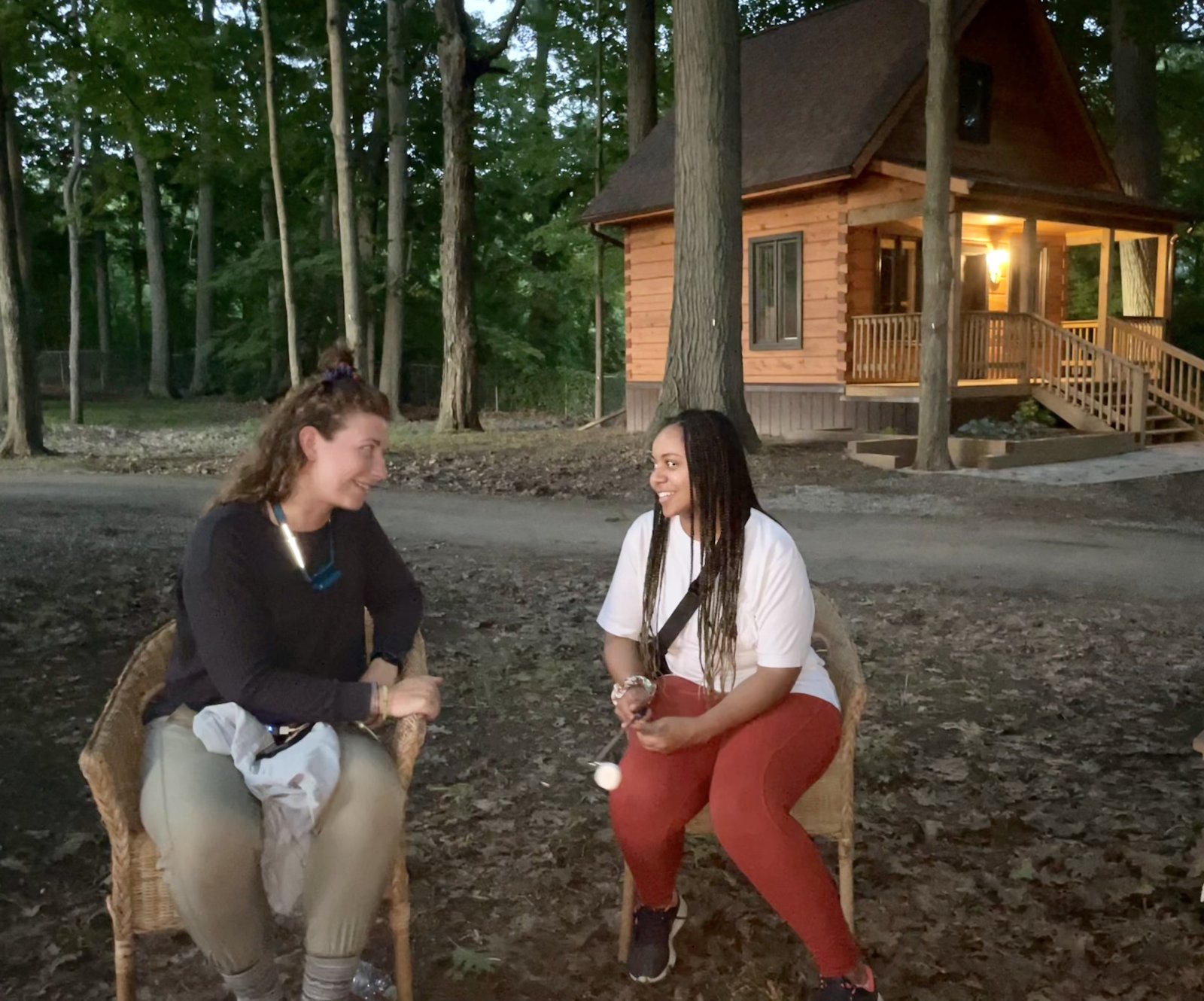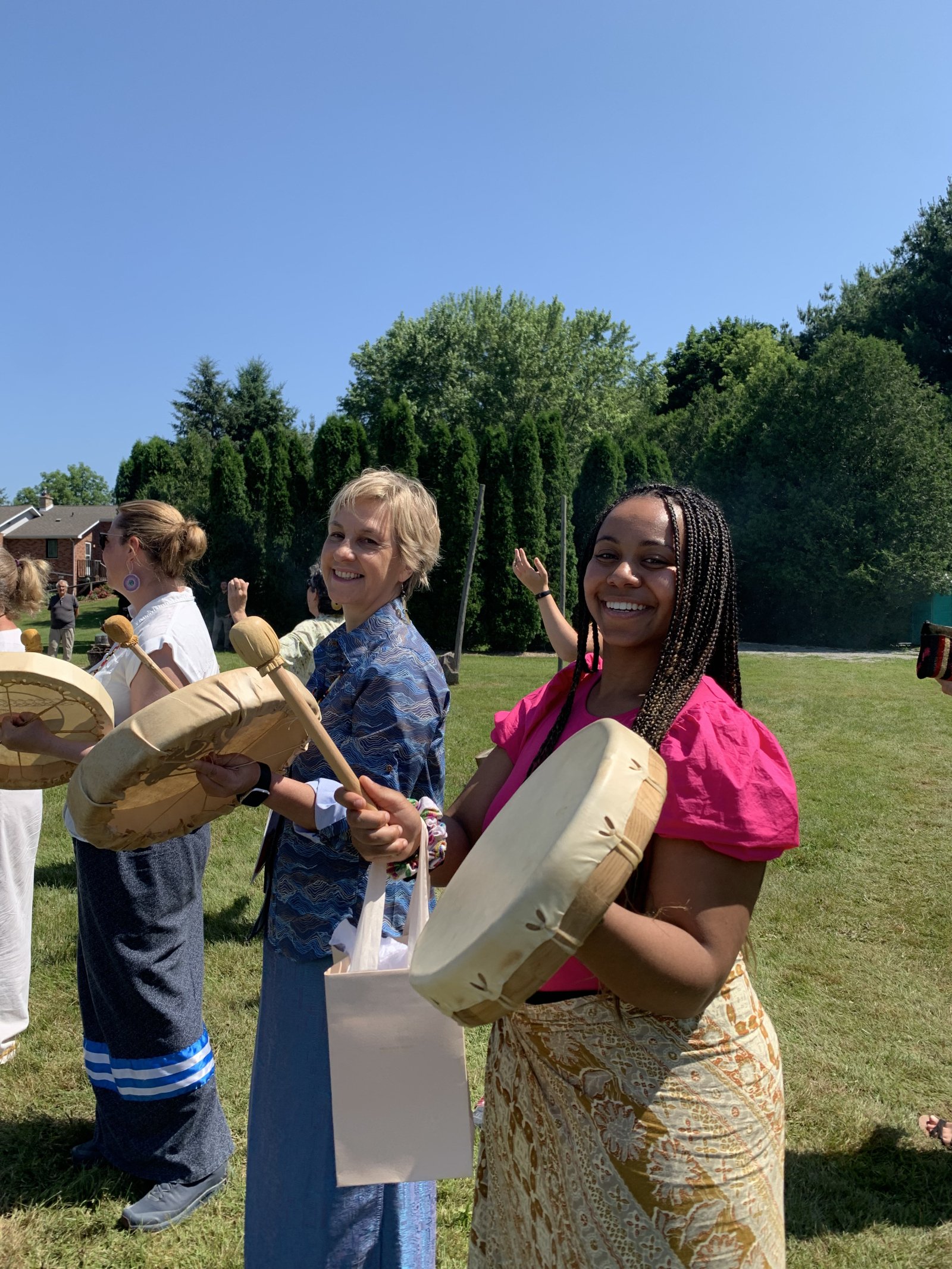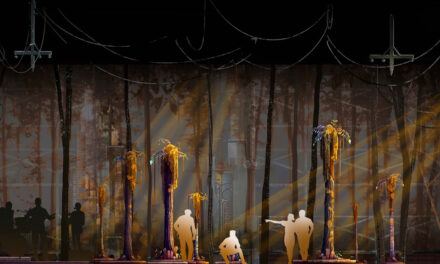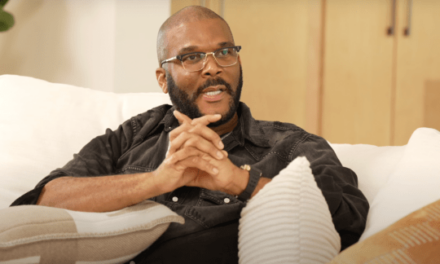These in-their-own-words pieces are told to Patricia Lane and co-edited with input from the interviewee for the purpose of brevity.
Chanel Best works with women and gender-diverse climate activists. This 24-year-old supports the Womxn’s Leadership Collective for Nature and Climate Action, which is hosted at MakeWay.
Tell us about your project.
With funding from Canada’s Women and Gender Equality Department, MakeWay, the Systems Sanctuary and the Turtle Island Institute are supporting climate justice activists in empowering women to drive systemic change. We host webinars, facilitate peer support networks, fund sabbaticals, provide grants and hold gatherings.

Why is your work focused on women and gender-diverse people?
Young women, Black women, Indigenous women, northern, queer-identified and women of colour have been shut out of the conversation about the climate crisis by the colonial, patriarchal, capitalist and extractivist systems that threaten the health of our planet. As a result, many of the technical solutions to global heating, although essential, are insufficient because they rely on the same ideas about power and humanity’s relationship to each other and the more-than-human world that got us into this mess. To succeed, we must foreground caring and connectivity, design economies based on well-being and see our species as part of the land, water and air.
It’s personal. Domestic violence increases dramatically during extreme weather. Climate refugees are more likely to be Indigenous or women and children living in poverty. We suffer first when food is insecure. Although the world needs our ideas, the barriers to hearing our voices remain. My work supports us to learn together and learn fast.

Tell us about your work.
Chanel Best works with women and gender-diverse climate activists. This 24-year-old supports the Womxn’s Leadership Collective for Nature and Climate Action, which is hosted at MakeWay. #YouthClimateAction
The collective is only two years old, but we have already hosted webinars with hundreds of participants from 17 countries on topics like “Burnt out Mommas” and “Economies of Care.” We have granted over $200,000 to a range of projects — from Women Transforming Cities’ work centring equity in Vancouver to supporting Sacred Earth Solar’s work with Indigenous communities to a film exploring systemic environmental racism. Our peer support network allows participants to bring their challenges to the group for common learning and problem-solving. We recently brought 40 participants together at the Soul of the Mother Lodge hosted in Six Nations Grand River Territory to engage in elder-led ceremony, education about the land and deep trust building.
Tell us about your background.
I was raised in Thunder Bay by my grandparents. I was usually the only person who looked like me in the room. While this was difficult in myriad ways, I know I modelled respect for diversity and inclusion just by being there and saw this made room for others to shine, too.
Thunder Bay is on the shores of Lake Superior, which holds 10 per cent of the world’s fresh water. Protecting water has always seemed obviously essential to me. I participated in women’s protest marches and climate strikes. I also helped to successfully lobby the federal government for the creation of the Canada Water Agency. These never felt like different causes.
I am very grateful to my grandparents for the sacrifices they made that allowed me to thrive, but I became their caregiver in my early teens and by the time I was 16, I was on my own. While this thrust me into leadership in my family and gave me a respect for my judgment and intuition, truthfully, I could have used more support. I have empathy for many of the people with whom I work now who, like me, are coping well in difficult situations but could use a bit of help.
Demography, geography, community and family combined to provide me with a deep appreciation of complexity. I took a bachelor’s degree in international and global studies with a specialization in globalization and the environment and a minor in urban studies because I wanted to explore how decision-making at every level drives the intersection between inequality and climate change.

What makes your work hard?
Funders are used to measuring outcomes, like the number of barrels of water cleaned or other science-based targets. It is harder to convince a donor that relieving climate grief is also a success. If we can support a conversation about how women can make their voices more effective in the climate conversation that, too, is a victory.
What gives you hope?
Climate change is the biggest opportunity my generation has to change the other fundamental systems that oppress us. The approaches women are taking are leading real change and I have a window into some of the best work that is being done.

What do you see if we get this right?
A community that knows we are all fairly treated, well-housed, well-fed and well cared for because we worked for those ends and resolved the climate crisis at the same time.
What would you like to say to other young people?
If something does not sit right with you, speak up! The world needs your voice. Concentrate on what we have in common. It is so much bigger than our differences.
What about older readers?
Validate the voices of young people. It matters so much when you affirm our efforts.





